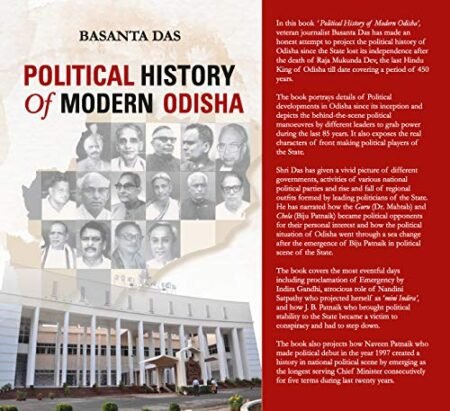Description
In his novel, Gorky portrays the life of a woman who works in a Russian factory doing hard manual labour and combating poverty and hunger, among other hardships. Pelageya Nilovna Vlasova is the real protagonist; her husband, a heavy drunkard, physically assaults her and leaves all the responsibility for raising their son, Pavel Vlasov, to her, but unexpectedly dies. Pavel noticeably begins to emulate his father in his drunkenness and stammer, but suddenly becomes involved in revolutionary activities. Alexei Maximovich Peshkov (1868 – 1936), popularly known as Maxim Gorky, was a Russian and Soviet writer and socialist political thinker and proponent. He was nominated five times for the Nobel Prize in Literature. He supported the Bolshevik revolution of 1917 and helped to develop socialist realism as the officially accepted literary aesthetic; his works include The Life of Klim Samgin (1927-1936), an unfinished cycle of novels. This Soviet author founded the socialist realism literary method and a political activist. People also nominated him five times for the Nobel Prize in literature. From 1906 to 1913 and from 1921 to 1929, he lived abroad, mostly in Capri, Italy; after his return to the Soviet Union, he accepted the cultural policies of the time.




















Reviews
There are no reviews yet.